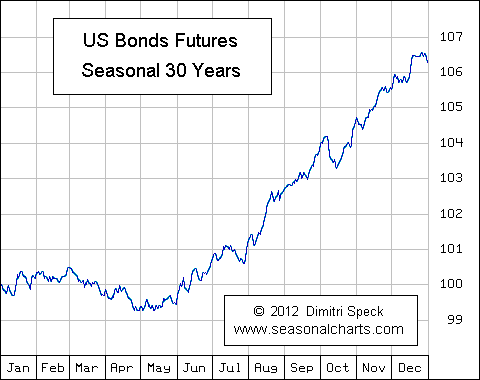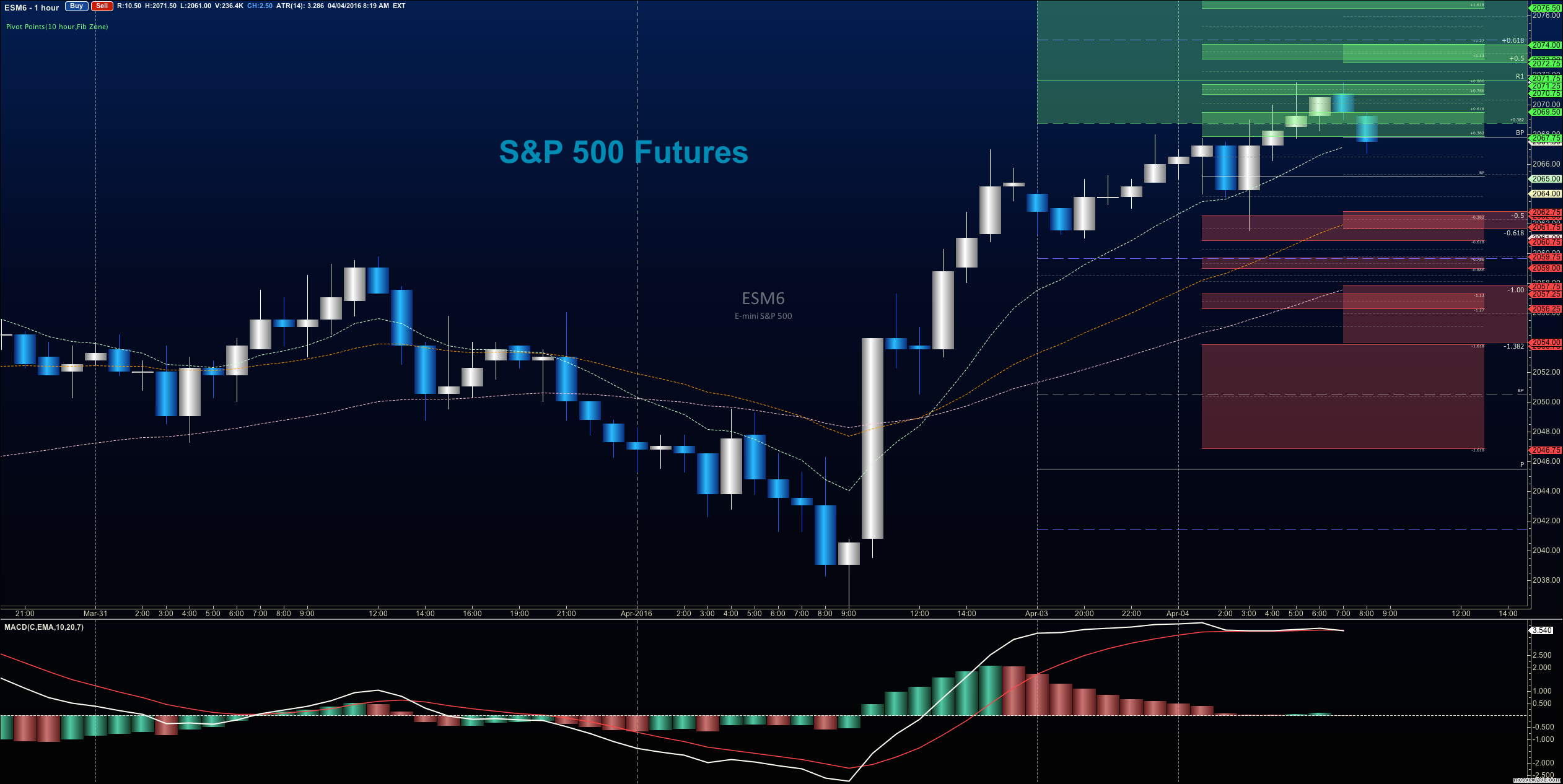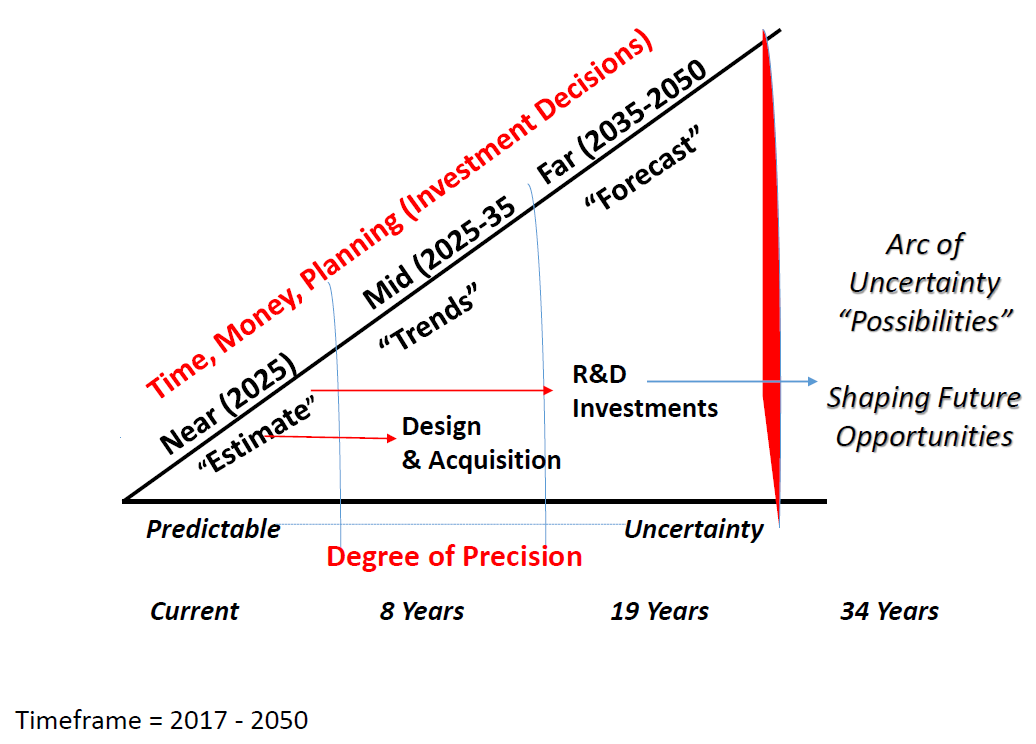Unlocking the Power of Index Futures: A CNBC Guide
Table of Contents
- Future Market Essentials and How They Work - Anonymity Controls Value
- Futures Now
- Futures Chart | Mad Scientist Laboratory
- US Futures 31 Oct : Dow Jones Futures Steady, S&P 500 & Nasdaq in Red ...
- Guide to 30-Year Treasury Bond Futures - US Futures Specifications ...
- Dow Futures Trade Flat, Retail Earnings In Focus - BusinessToday
- Futures Command reveals new insignia as it 'forges' ahead | Article ...
- US Futures Flat, European Stocks Gain
- Futures Trading Infographic | Understanding the Trading Landscape
- Stock Market Futures Fluctuate As Bull And Bears Battle - See It Market



What are Index Futures?



Benefits of Index Futures



Risks of Index Futures
While index futures offer several benefits, they also come with significant risks, including: Volatility: Index futures are highly volatile, and prices can fluctuate rapidly, resulting in significant losses if not managed properly. Leverage: While leverage can amplify returns, it can also amplify losses, making it essential to use proper risk management techniques. Counterparty risk: Index futures are traded on an exchange, and there is a risk that the counterparty may default on their obligations.
How to Trade Index Futures
To trade index futures, investors need to open a trading account with a brokerage firm that offers futures trading. They can then deposit funds into their account and begin trading. It's essential to develop a trading strategy and stick to it, using proper risk management techniques to minimize losses. Index futures are a powerful tool for investors who want to gain exposure to the stock market or hedge against potential losses. While they offer several benefits, including diversification, leverage, and flexibility, they also come with significant risks, including volatility, leverage, and counterparty risk. By understanding how index futures work and using proper risk management techniques, investors can unlock the power of index futures and enhance their investment portfolio. Whether you're a seasoned trader or just starting out, index futures are definitely worth considering.For more information on index futures and other investment opportunities, visit CNBC for the latest news, analysis, and insights.
Note: This article is for informational purposes only and should not be considered as investment advice. It's essential to consult with a financial advisor before making any investment decisions.